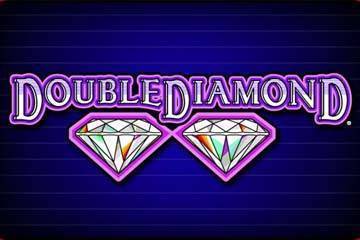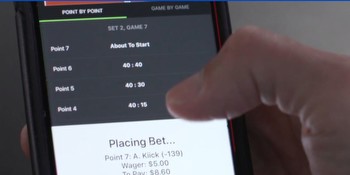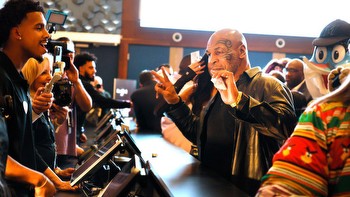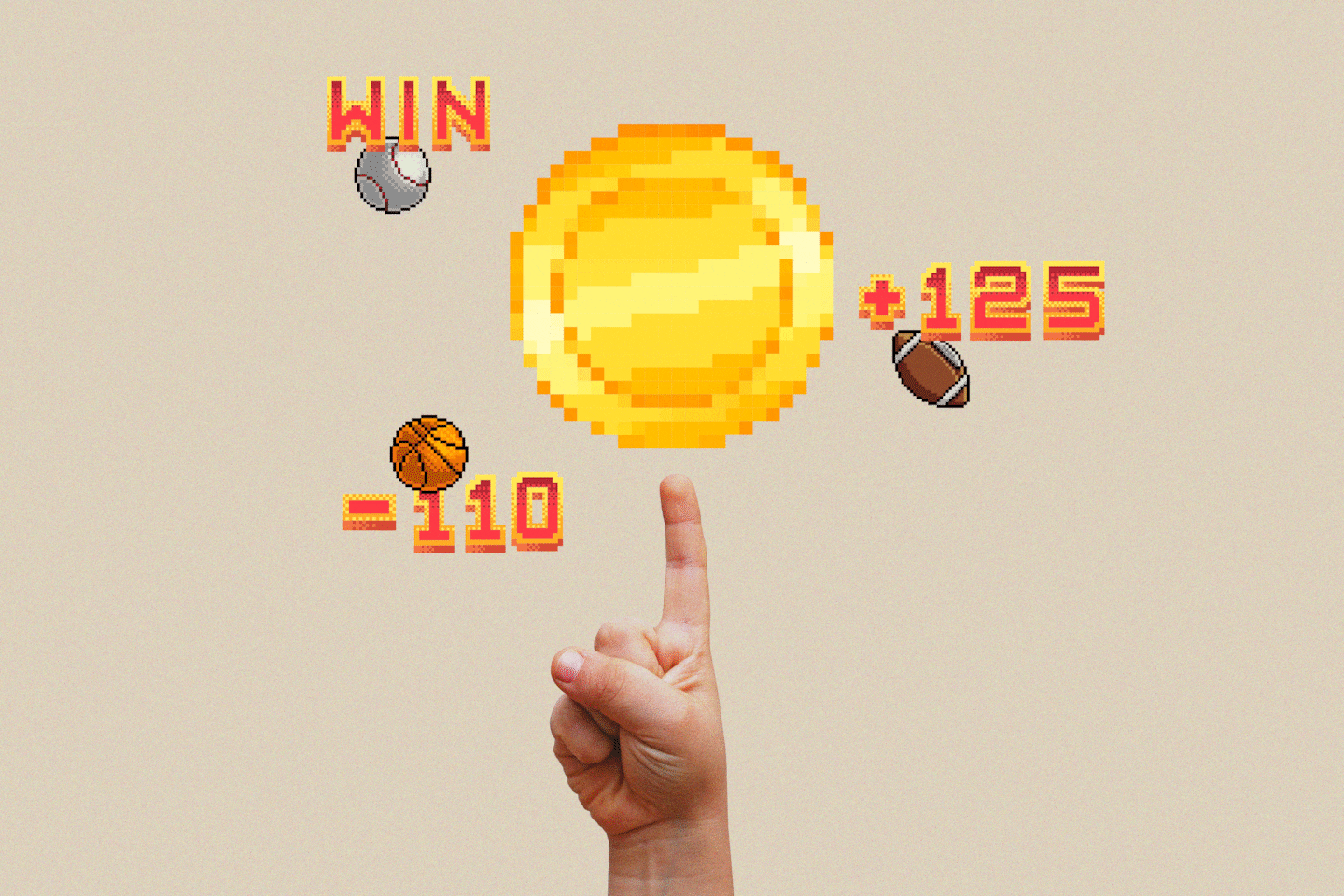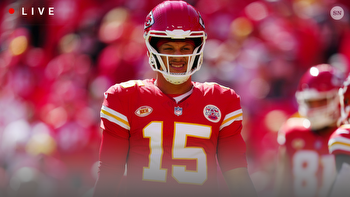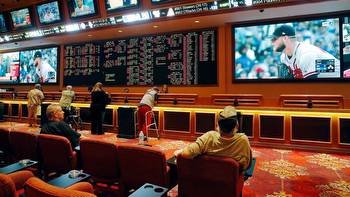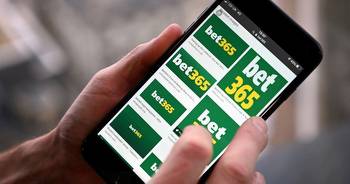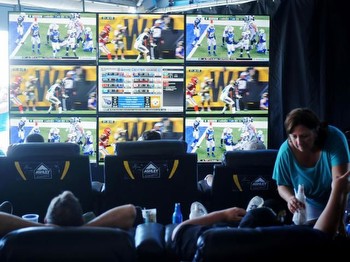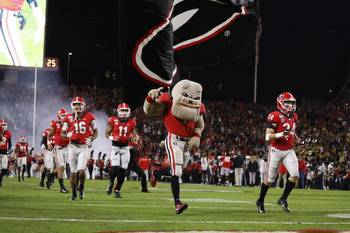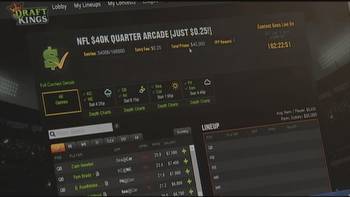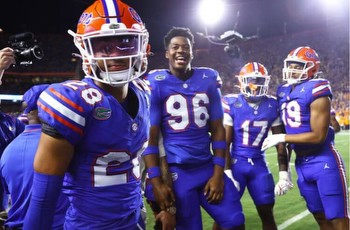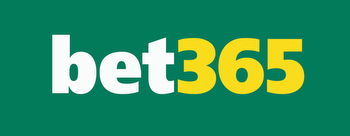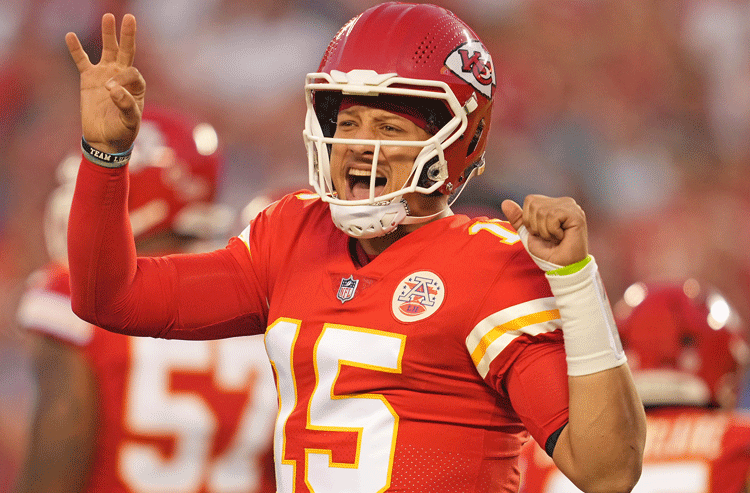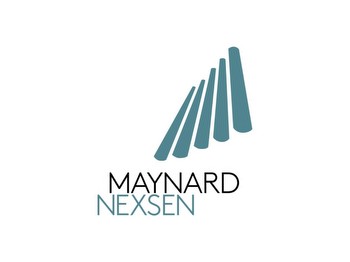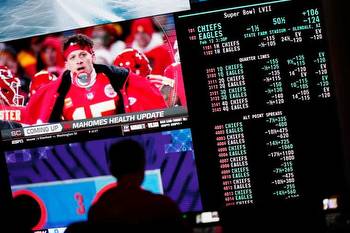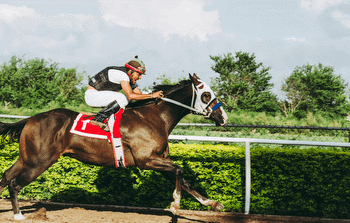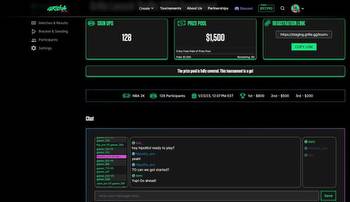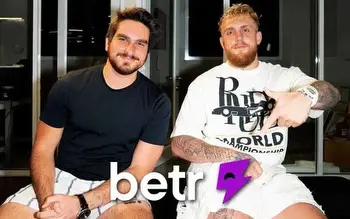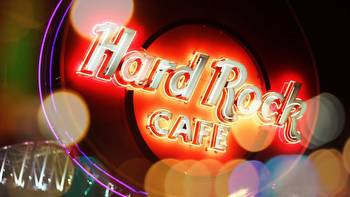Fantasy sports betting's Betr, Underdog, PrizePicks leaving Florida
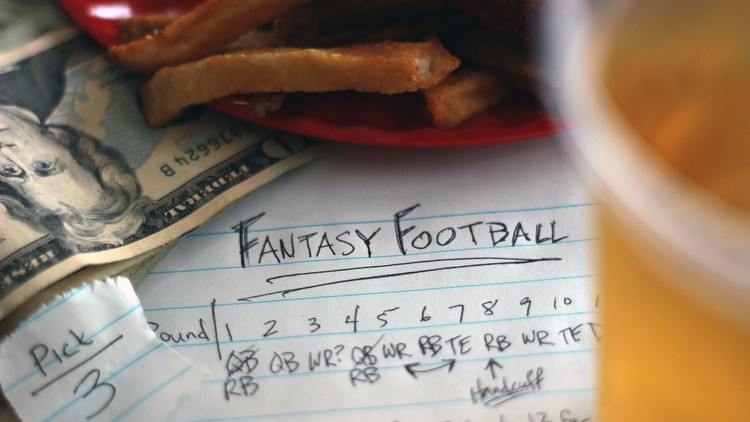
Three daily "pick 'em" fantasy sports operators may be leaving the field in Florida this March after receiving cease-and-desist letters from the Florida Gaming Control Commission.
There are bills currently working their way through the Florida Legislature to regulate fantasy sports betting and license operators in the state, but they won't help.
Florida gambling regulators sent the cease-and-desist letters to Underdog Sports, LLC, based in Brooklyn, N.Y; SidePrize LLC, also known as Performance Predictions LLC, based in Atlanta and doing business as PrizePicks, and Betr Holdings, Inc., which is based in Miami. The letters, sent in September 2023 and again in January 2024, accused the companies of offering "illegal bets or wagers."
According to Legal Sports Report (LSR), some or all of the companies (Betr, PrizePicks and Underdog Fantasy) will stop operating in Florida as of March 1. “We can confirm that we have reached a negotiated resolution with the FGCC to cease operating our current contests on March 1st,” a PrizePicks spokesperson said in a statement to LSR, and the site says sources have reported the others are doing the same.
Here's what's going on.
What are fantasy sports?
In fantasy sports, participants choose virtual rosters of real sports players to assemble and manage an imaginary team they then use to compete with over the sports season, based on the performance of those athletes in real life. This can happen among friends or coworkers or you can compete with others online. Want to put the Rams' Kyren Williams, Josh Allen from the Bills and the Dolphins' Tyreek Hill on the same team? Go for it.
Supporters and the Fantasy Sports & Gaming Association consider it a game of skill, rather than gambling, as a participant's success depends on their knowledge of many real-life variables including "injuries, coaching styles, weather patterns, prospects, home and away statistics, and many other pieces of information," the FSGA said.
Federal gambling laws carve out exemptions for fantasy sports, but many states consider it gambling.
What are daily fantasy sports?
Daily fantasy sports allow participants to conduct contests over a week or a single day rather than over a season. Some companies — including the three targeted by the state — offer parlay-prop-style games known as “pick ‘em style” fantasy contests or “over/under player prop pick ‘em” games where players can choose whether specific athletes will achieve certain outcomes in different situations. Many states consider those sort of games to be too close to sports betting.
Daily games charge an entry fee, some of which goes toward a prize pool split by the winners.
Does Florida allow fantasy sports?
Florida defines gambling as playing or engaging in any card game or game of chance, at any place, by any device, for money or another thing of value. Previously, fantasy sports operated in a sort of gray area in Florida. They're not mentioned in the state's gambling laws as lawful or unlawful.
Fantasy sports people say it's a game of skill and not subject to gambling laws. Many states disagree, and the letters suggest Florida is now one of them.
“Under Florida law, betting or wagering on the result of contests of skill, such as sports betting, including fantasy sports betting, is strictly prohibited and constitutes a felony offense unless such activity is otherwise exempted by statute,” the letter from Commission Executive Director Lou Trombetta said.
Soon after the letters were sent in September, the FGCS reportedly changed its FAQ page to state that wagering on fantasy sports was "probably not" legal.
Unless you were placing a bet through a sportsbook operated by or in conjunction with the Seminole Tribe of Florida, which negotiated an exclusive sports gambling compact with the state in 2021, "you are most likely placing an illegal wager," the FGCS page says.
Why didn't DraftKings and FanDuel get cease and desist letters?
Betr, PrizePicks and Underdog Fantasy are reportedly leaving, LSR said. There has been no indication that the much larger fantasy sports companies DraftKings and FanDuel received any letters.
Two big differences may be where the line is drawn between skill and chance, and whether the participants are playing against each other or the company.
Joe Jacquot, a former general counsel for Gov. Ron DeSantis who has worked for both DraftKings and FanDuel, said in a legal analysis for the FGCS that the two larger companies operate differently than the ones cited by putting up a purse that will be awarded to players.
"The companies that received cease and desist letters do the opposite — they participate in the contest and win the prize if the contestant does not correctly guess winning propositions," he wrote, in a document obtained by the News Service of Florida.
Is the Florida Legislature going to make fantasy sports legal?
Sen. Travis Hutson, R-St. Augustine, has introduced two bills to regulate fantasy sports betting in Florida.
SB 1568, the Fantasy Sports Contest Amusement Act, and its matching bill in the house, HB 7079, would regulate fantasy sports:
- Prizes must be set and announced, and not tied to the number of participants or amount of fees
- Contests must rely on knowledge and skill, with winners determined predominantly by the performance stats of the athletes. Contests based on scores, point spreads, or the performance of any actual single team or athlete in a single event are prohibited. This also applies to pari-mutuel events, card games, or athletes in collegiate, high school or youth sporting events.
- No "casino" graphics or marketing allowed.
- Operators must be licensed with the state, over 21, and fingerprinted, and neither they, their employees or members of their immediate households may play in games they operate. They can have games limited to just their own employees, though.
- Players, team officials and other participants in the real-world games the fantasy sports are based on may not compete.
- All participants must be 21 or older.
- Noncommercial contest operators (i.e. your buddy or coworker) may organize and conduct a fantasy sports game and take entry fees as long as the organizer accepts and holds the money, all of it goes to the winner(s), and the total fees don't exceed $1,500 per season or $10,000 per calendar year.
SB 1566/HB 7081 would establish a $500,000 initial license application fee (originally $1 million, before being amended) for commercial operators with renewal fees of $250,000 every year thereafter.
What forms of gambling are legal in Florida?
Florida law allows retail casino gambling, pari-mutuel wagers, horse racing and the Florida Lottery. After two years of legal battles (still ongoing), the Seminole Tribe began offering sports gambling at their casinos and online through their app late last year.
Brandon Girod, Pensacola News-Journal, and the News Service of Florida contributed to this article.
